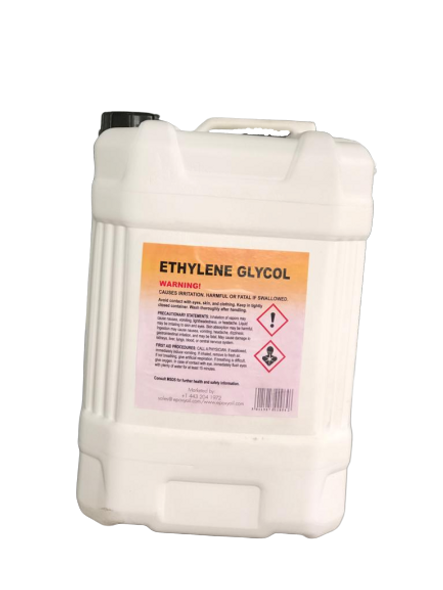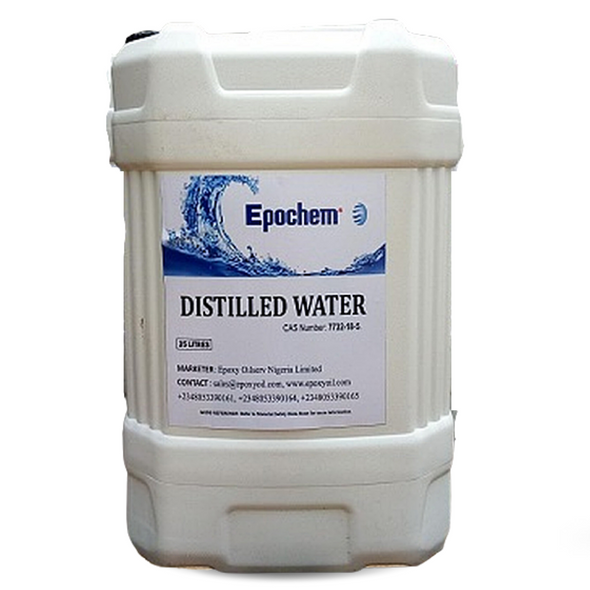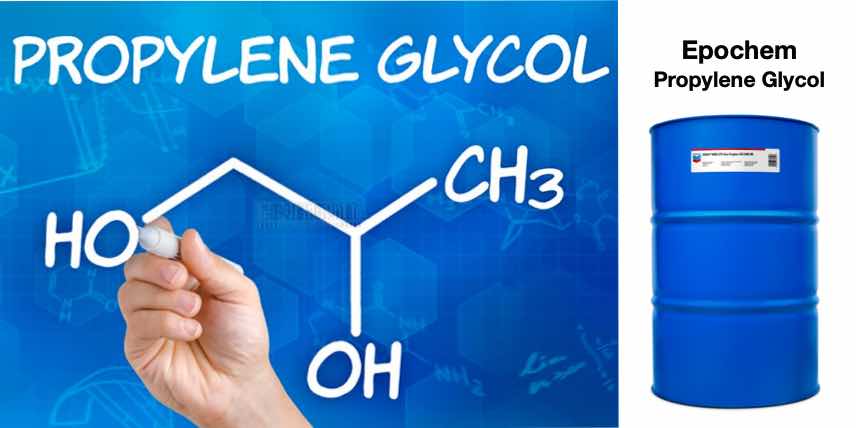- Food Chemicals Codex (FCC)
- United States Pharmacopeia (USP)
- European Pharmacopoeia (EP)
- Japanese Pharmacopoeia (JP)
It also meets the requirements of the Brazilian Pharmacopoeia (FB).
It can be used in direct food applications as:
- Humectant and stabilizer (in prepared fruits, vegetables and bakery goods)
- Solvent in flavor solutions and extractions (and in food additives, such as colors, antioxidants, enzymes and emulsifiers)
- Plasticizer and softening agent for items such as cork seals
- Flavor extraction solvent and processing aid in the isolation of natural flavoring materials (extracting vanilla from vanilla beans, for example)
It also has the following indirect food application uses:
- Heat transfer fluids for food and beverage chilling and freezing applications
- Solvent for printing inks used in food packaging
- Equipment cleaner, to remove contamination from food processing equipment.
As a Propylene Glycol supplier in Nigeria we sufficiently ensure you get stock always
Frequently Asked Questions.
1. What is propylene glycol?
Propylene glycol (PG) is a synthetic organic compound that belongs to the alcohol family. It is a clear, colourless, and odourless liquid with a variety of applications in industries such as food, cosmetics, pharmaceuticals, and industrial manufacturing.
2. What are the uses of propylene glycol?
Propylene glycol is used as a humectant, solvent, and carrier in various products, including food, beverages, cosmetics, medications, personal care products, and industrial applications such as antifreeze and de-icing solutions.
3. Is propylene glycol safe for consumption?
Yes, propylene glycol is generally recognized as safe (GRAS) for consumption by the U.S. Food and Drug Administration (FDA). It is commonly used as a food additive and is considered safe when used within established limits.
Related Articles.
Choosing the right Chemical Distributor: A Guide to Navigating the Chemical Industry
Contact us for stock availability in your location











